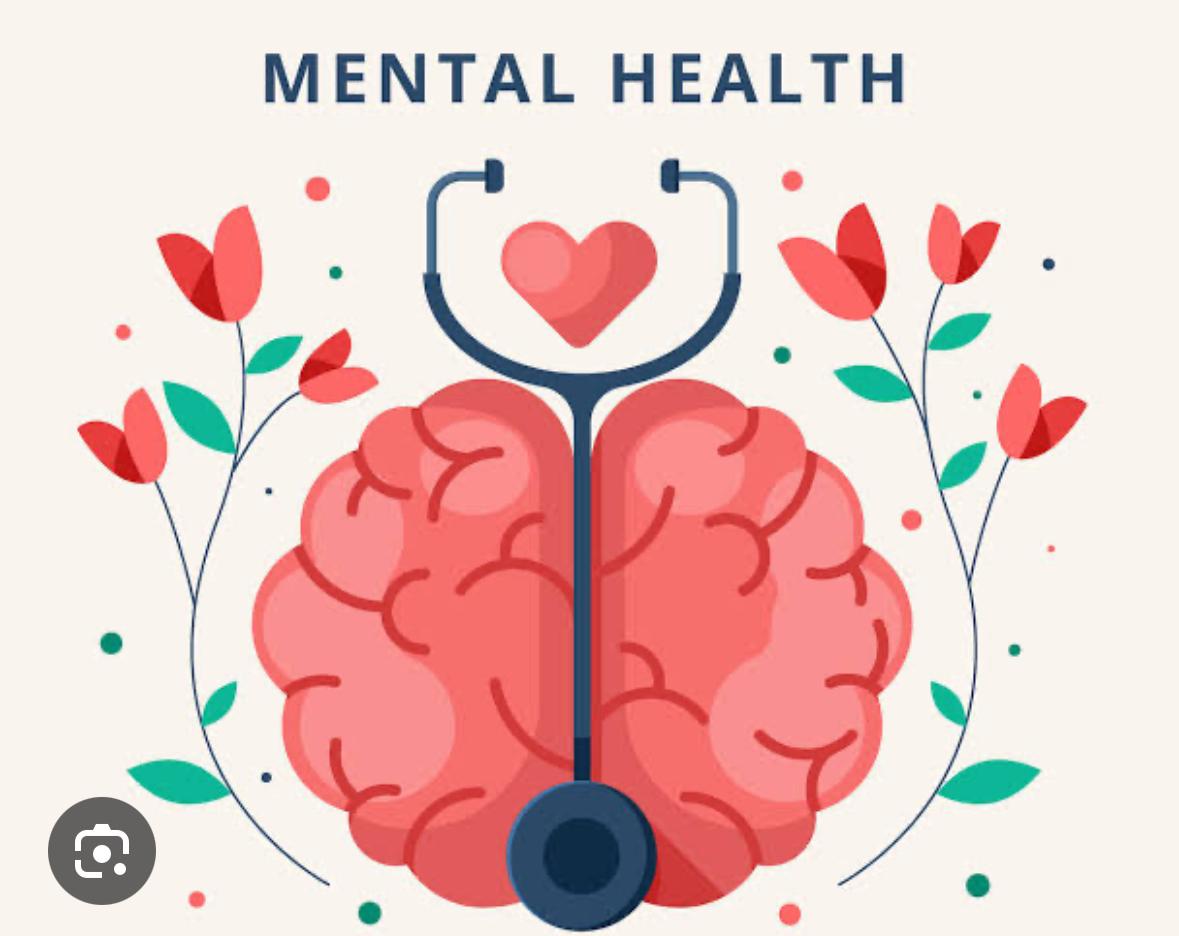Comprehensive Inpatient Mental Health Services for Effective Therapy
Inpatient psychological health and wellness solutions represent an important component of the healthcare system, providing a organized and extensive setting for people experiencing serious emotional distress. These solutions utilize a multidisciplinary approach, integrating numerous evidence-based therapies to address the intricate demands of patients. The performance of such detailed treatment expands beyond immediate stablizing; it also encompasses the transition to outpatient assistance, an essential phase commonly forgot - mental health services. Exploring the subtleties of this continuum reveals significant effects for both private recuperation and wider psychological health and wellness results. What variables genuinely affect this change, and just how can we enhance its efficiency?
Comprehending Inpatient Mental Health And Wellness Services
Inpatient psychological health solutions offer crucial assistance for people experiencing serious emotional distress that can not be taken care of successfully in an outpatient setting. These solutions are made to offer an extensive level of care in an organized atmosphere, often within a hospital or specialized facility. Clients admitted to inpatient programs usually display acute symptoms, such as self-destructive ideation, serious anxiety, or psychosis, necessitating continuous surveillance and intervention.
The admission procedure normally entails a detailed analysis by mental health experts, that review the person's psychological state, background, and instant needs. When confessed, people take part in a selection of therapeutic techniques customized to their details demands, consisting of drug management, private treatment, and team sessions. This holistic method intends to support the patient's condition, promote security, and foster coping skills.
Inpatient mental wellness services not only address immediate health worries but likewise work as a bridge to recurring treatment. By providing a controlled environment, these services help with the advancement of therapy strategies that can be proceeded in outpatient setups, therefore making sure a continuum of treatment and improving lasting results for people with complicated psychological wellness needs.
Key Elements of Effective Therapy
Efficient therapy in inpatient psychological health solutions consists of several crucial components that foster recuperation and stablizing. A thorough evaluation is necessary to determine the person's certain demands and difficulties. This analysis informs the growth of a tailored treatment plan, which acts as a roadmap for treatment.
One more vital part is the multidisciplinary group strategy. Cooperation among psychiatrists, psycho therapists, nurses, and social employees makes certain that various viewpoints add to the client's treatment, boosting the performance of treatment. Evidence-based restorative modalities, such as cognitive-behavioral treatment (CBT) and dialectical behavior modification (DBT), are additionally indispensable, giving structured methods that address maladaptive idea patterns and behavior problems.

Last but not least, a concentrate on aftercare planning is crucial to make sure a smooth transition to outpatient solutions, reducing the threat of regression and advertising lasting health. These collective elements produce an efficient treatment framework within inpatient mental wellness services.
Benefits of Comprehensive Treatment

Extensive care in inpatient psychological health solutions offers numerous advantages that dramatically boost client end results. One of the main benefits is the alternative approach to treatment, addressing not just the emotional symptoms yet likewise the physical, social, and emotional requirements of individuals. This complete evaluation enables customized interventions that advertise general wellness.
An additional benefit is the combination of multidisciplinary teams, which promotes partnership among healthcare professionals. This collective setting makes sure that patients obtain collaborated treatment, minimizing the danger of fragmented treatment and boosting communication amongst caretakers. Comprehensive care helps with connection of services, permitting for seamless shifts from inpatient to outpatient setups, which is vital for long-lasting recuperation.

Lastly, the structured setting of thorough inpatient care gives a secure area for clients to take part in restorative activities, aiding them create dealing methods and durability. Collectively, these advantages add to extra effective treatment and boosted lifestyle for people experiencing psychological health and wellness situations.
Evidence-Based Therapeutic Approaches
In the world of psychological wellness treatment, evidence-based therapeutic strategies play a vital role in making sure that people get effective and clinically supported interventions. These methods incorporate the most effective available research with professional know-how and individual values, cultivating a tailored therapy experience that addresses specific needs.
Cognitive Behavior Modification (CBT) is just one of the most commonly acknowledged evidence-based methods, concentrating on determining and changing unfavorable idea patterns and habits. This structured technique has actually demonstrated efficiency in treating problems such as anxiousness, anxiety, and ptsd. Dialectical Habits Treatment (DBT) is especially efficient for people with borderline individuality problem, highlighting the advancement of emotional regulation and social performance skills.
Furthermore, medication administration is commonly an integral part of evidence-based treatment, as psychotropic medicines can ease signs and enhance total performance. Collaborative treatment versions, which include multidisciplinary teams, even more enhance the effectiveness of inpatient services by ensuring comprehensive analyses and constant monitoring.
Ultimately, the assimilation of evidence-based restorative approaches not only advertises favorable clinical outcomes but also empowers patients, cultivating a feeling of company and strength in their psychological health and wellness trips.
Transitioning to Outpatient Support
The transition from inpatient mental health and wellness services to outpatient support notes a critical phase in a client's recuperation journey. This duration requires careful preparation and coordination to make sure continuity of care and to mitigate the dangers of regression or crisis. Effective discharge planning must start early in the inpatient keep, involving a multidisciplinary inpatient mental health services group that includes psychiatrists, psychologists, registered nurses, and social employees.
Crucial element of an effective change consist of the advancement of a detailed aftercare plan tailored to the person's details demands. This plan should outline follow-up visits, medication management, and restorative interventions, as well as identify community sources and support groups that can promote ongoing recuperation.
Furthermore, person and household education and learning is crucial during this stage. Comprehending the signs of possible problems and the value of adhering to treatment can equip individuals and their support systems.
Routine follow-up and reassessment of the outpatient strategy are vital to deal with progressing challenges. By fostering a collaborative connection between outpatient and inpatient service providers, the chance of continual recuperation rises, inevitably boosting the patient's lifestyle and decreasing the danger of readmission.

Conclusion
In summary, extensive inpatient psychological wellness solutions use a crucial framework for addressing extreme emotional distress with a multidisciplinary approach. By integrating evidence-based treatments, cultivating a structured setting, and promoting household participation, these solutions enhance therapy effectiveness. The focus on security and the advancement of dealing abilities not only help in immediate healing however additionally helps with a smoother change to outpatient care. Eventually, such comprehensive care is important for long-term psychological health and health.
The admission procedure usually includes a thorough evaluation by mental wellness specialists, that examine the individual's mental state, history, and immediate demands.Efficient treatment in inpatient psychological health solutions consists of several vital parts that cultivate recovery and stablizing.Thorough care in inpatient mental wellness services offers numerous advantages that substantially enhance patient results.The shift from inpatient psychological wellness services to outpatient support marks a crucial phase in a patient's recuperation trip.In summary, extensive inpatient psychological wellness services supply a necessary framework for addressing serious emotional distress through a multidisciplinary strategy.